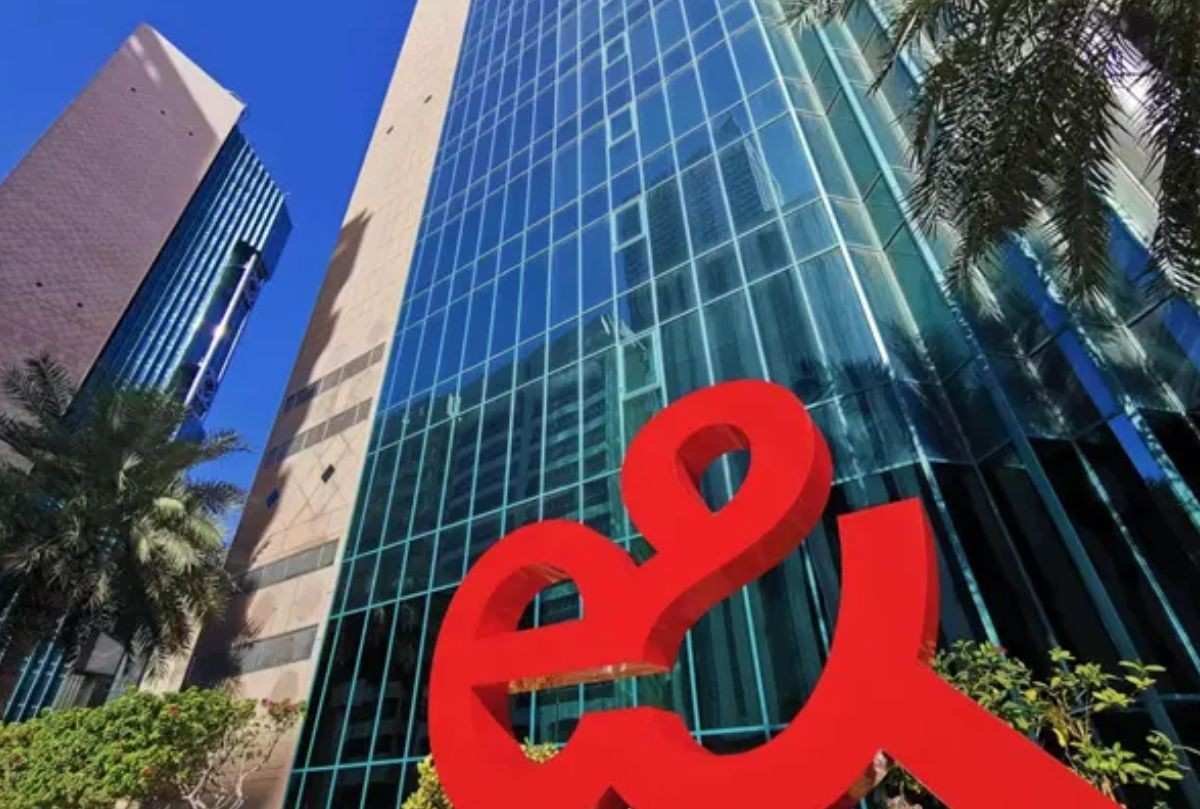Islamabad — October 30, 2025:
Zong 4G, one of Pakistan’s leading information and communications technology companies, has signed an agreement to establish the China-Pakistan Low-Carbon Intelligent Manufacturing International Joint Innovation Laboratory at the FAST–National University of Computer and Emerging Sciences (NUCES) in Islamabad.
The landmark initiative marks a major step forward in scientific and technological cooperation between China and Pakistan, fostering innovation in low-carbon, digital, and intelligent manufacturing. The joint laboratory will be co-developed by Zong 4G, Suzhou University of Science and Technology, Guangzhou Institute of Software Application Technology, and FAST–NUCES.
Driving Sustainable Innovation through Technology
The lab will serve as a multidisciplinary research and development platform to bridge academia and industry, accelerating technological innovation aligned with sustainability goals. Initial research efforts will focus on four core areas:
- Low-carbon and environmental protection using cloud and digital technologies.
- Intelligent construction and manufacturing powered by AI and 5G connectivity.
- Renewable energy systems leveraging big data and smart energy management.
- Digital and intelligent applications integrating IoT, AI, and advanced analytics.
A New Model of Academic-Industry Collaboration
Under the framework of the China-Pakistan Economic Corridor (CPEC) and the Belt and Road Initiative (BRI), the lab aims to cultivate young researchers and engineers by offering practical training, applied research opportunities, and pilot projects that directly contribute to industrial transformation.
Zong 4G will act as the industrial facilitator, connecting academic research to real-world applications, while partner universities and research institutions will enhance the project’s scientific and technical capacity.
Leaders’ Perspectives
Dr. Mao Wei Liang, Chief Technical Officer at Zong 4G, said the establishment of the laboratory marks “a decisive step toward creating a new ecosystem where research drives real-world impact.” He emphasized that collaboration among leading Chinese and Pakistani institutions will strengthen the foundation for sustainable industrial growth in AI, 5G, cloud computing, and big data.
Dr. Aftab Maroof, Rector of FAST–NUCES, noted the university’s commitment to Pakistan’s innovation ecosystem:
“By engaging our students and researchers in applied studies on AI, IoT, cloud, and low-carbon systems, we are contributing solutions that support sustainable industrial development both nationally and globally.”
A Vision for Green and Digital Transformation
The China-Pakistan Low-Carbon Intelligent Manufacturing International Joint Innovation Laboratory symbolizes both nations’ shared commitment to advancing green innovation, digital transformation, and industrial collaboration under the BRI. It reinforces Zong’s growing role as a catalyst for sustainability and technological progress in Pakistan’s rapidly evolving digital economy.















